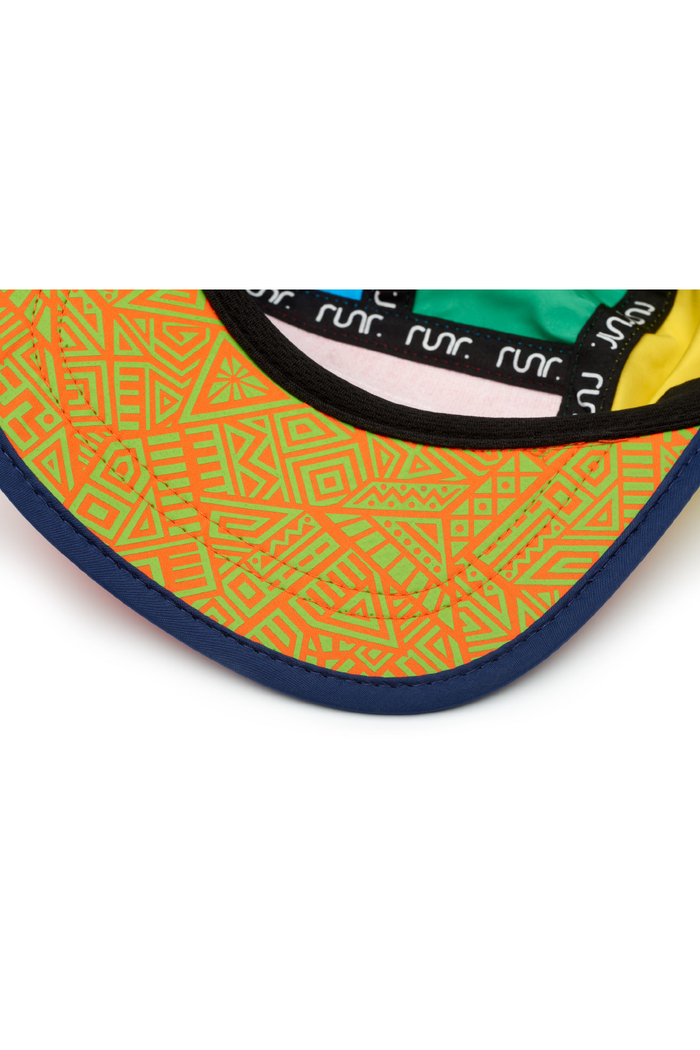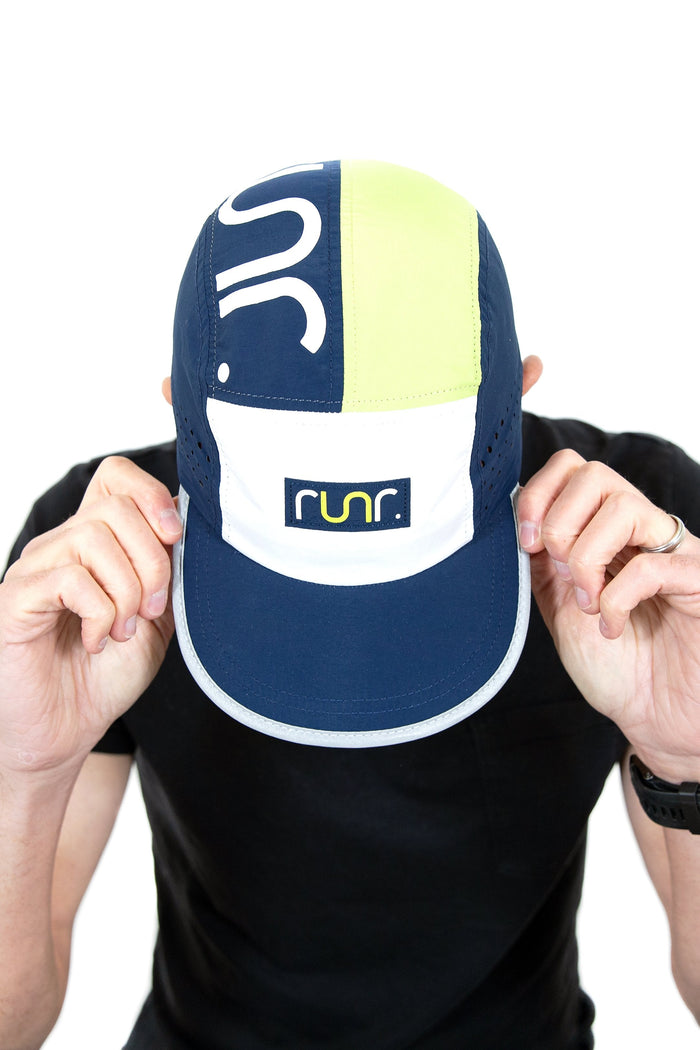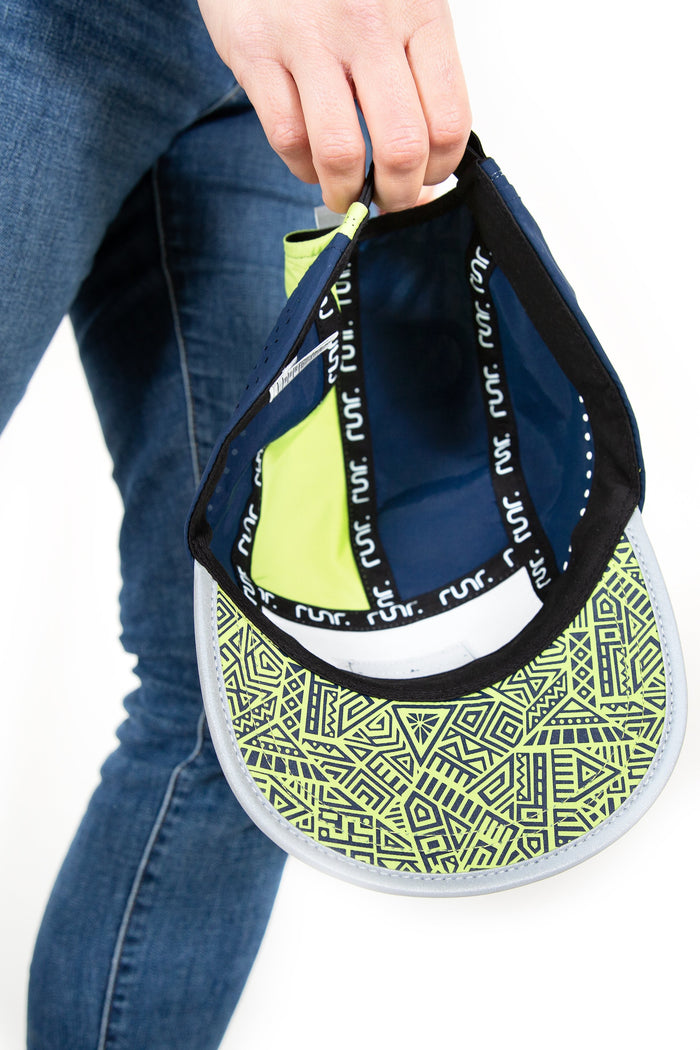I don’t feel my running story is particularly special. I remain in awe of many amazing people I have met along the way. I’m a middle aged mum who runs a bit and likes a natter sometimes. But my journey into running has developed an interest in running therapy and I’ve completed a study on people’s experiences of the relationship between running and therapy, made possible by the overwhelming support for this project on Twitter.
I’d like to share a little bit of my story and my research….
I began running in autumn 2016, I had turned 43, was a little overweight, and my body was telling me to move more and my mind telling me to give it some down-time and use it less. I had a whizzy brain with a lazy body, so I began to run. I live near one of the largest open spaces of parkland in Sheffield, and not wanting to be far away from home, I began to run laps of the Bowling Green from which I could still see my house.
I would sneak out early on a Saturday morning, hidden by the trees around the green (and with the kids still in bed when I returned!) and at first I couldn’t run two laps (< 400metres) without stopping. But I kept going, walking and running, and when I got to 20 laps I braved the paths in the park, and after slowly building up to 3.5km felt a 5km goal was going to be achievable but knew I needed support to get there. On a cold January morning in 2017, a friend persuaded me to come with him to Graves parkrun, and, with his support, guiding and encouraging me every step of the way, I was chuffed to finish in 00:38:37, and below the 40min goal I’d set myself.

From then on I became addicted to running. I went back for my second, then third parkrun, and now I have run over 90 parkruns and volunteered over 30 times. I joined a local running club in June 2017 (Strideout) which supported me to move from 5km to 10km, and through which I have met many amazing people and made new friends. During 2018 I completed my first half marathon, numerous 10km events, and now have taken the plunge to sign up for the big one! I have entered Manchester Marathon next year.
So, where does running therapy fit in to this...? When I began running I noticed an almost immediate effect on my physical and mental health. I lost about a stone in weight without trying, listened to my body to eat better, sleep better and replaced that evening glass of wine o‘clock with a short run. I could feel the buzz from the endorphins after a run, but in general I mentally felt more relaxed, enjoyed being outside and in fresh air, and although I had new goals and challenges my whizzy brain had its down-time.
But what had the most impact was when I had my first injury and for the first time since starting running, I couldn’t. I couldn’t even properly walk for two weeks, and couldn’t run for 6 weeks. My way of now supporting my mental health was instantly taken away from me; like coming off a drug but without gradually cutting down. There was a come down I didn’t expect and I realised the therapeutic impact of my running.
As soon as I could hobble across the road into the park I volunteered at parkrun and then also appreciated the vicarious joy of volunteering, cheering and clapping my fellow runners, and this certainly aided my recovery mentally and physically.
At same time I started running I began training as a counsellor (whether this is connected or not is for further analysis!) and became fascinated with the work of William Pullen, a London based psychotherapist who has written about his technique of Dynamic Running Therapy*; offering therapy on the run to his clients. Pullen uses this method of therapy in practice as well as sharing how the technique can be used for mindful running. Equally, the promotion of running for mental health has gained exponential growth in the media.

Over the past year I have completed a piece of research to explore in detail the relationship between running and therapy. I was overwhelmed with the response to my study on social media and 124 people took part, completing an online questionnaire. The study explored client and therapist experiences of the relationship between running and therapy, and generated over 21000 words of qualitative data from participants lived experiences.
This data was analysed into themes and three main themes emerged:
Running for therapeutic purpose (Running is MY therapy), which includes running to promote general mental health and wellbeing, and running to support an identified mental health issue.
Running as a supplement and support to talking therapy (Running is INTEGRAL to my therapy), which includes the identity of being a runner to support the PROGRESS of therapy during the session, and the PROCESS after the session, such as going for a run to cognitively and emotional process the session. This theme also included people for whom running had shortened or replaced therapy.
Running as a method for therapy (Running is INTEGRATED into my therapy) which explored client and therapist views of offering and receiving therapy on the run, and the positive consideration and limiting factors.
What was most interesting was an overarching fourth theme, which ran through people’s experiences in all the above themes, which is the impact of not running on mental health, and I plan to expand this theme and explore further. I will be preparing a summary of my research and an infographic of my findings in my blog** shortly, with plans for a local dissemination event in Sheffield later this year.
Running is now a large part of my life; it gives me fresh-air and exercise, me-time and friendships, goals and challenges. I have learnt that I can’t completely depend on running for self-care, as running is tough on the body and injuries and niggles are commonplace and this is where the mental strength gained from running is put to the test. I appreciate the days I can run and I try not to take it for granted.
I sometimes regret that I didn’t start this sooner, but listening to our bodies and minds and being aware of what we need is an important part of self-care. I wonder where running will take me over this next year (hopefully to Manchester!). It’s never too late to start anything in life and I’m glad I started running.
Lynn Findlay
* Pullen, W (2017) Run for Your Life. UK: Penguin House
** Perfect Pacing https://lmfindlaycounsellingandtraining.wordpress.com/
-------------------------------
Many thanks to Lynn for sharing her running story and we wish Lynn all the best for her research! #MentalHealthMatters
 Skip to content
Skip to content













